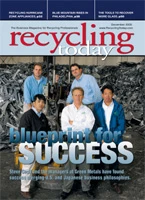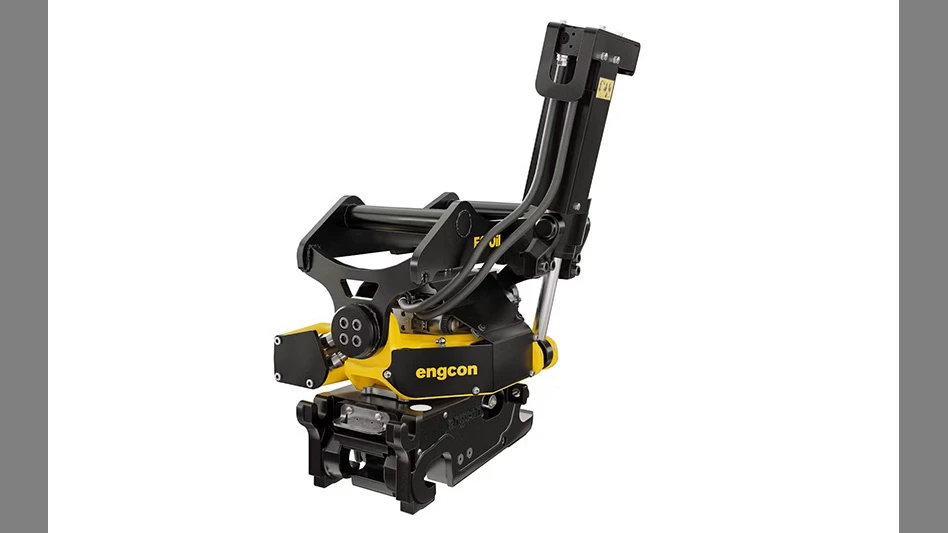STUDY ASSESSES GEORGIA'S RECYCLING EFFORTS
The Georgia Department of Community Affairs (DCA) has released a two-year study that looks at solid waste and recycling practices in the state.
"Georgia industries spend millions to buy and ship raw materials for their manufacturing processes. At the same time, Georgia residents and businesses are paying millions of dollars to dispose of the same kinds of materials," Mike Beatty, DCA commissioner, says.
DCA worked with R. W. Beck to complete the study, which was funded with proceeds from the Georgia’s Solid Waste Trust Fund. The study focused on material disposed at solid waste landfills.
The "Georgia Statewide Waste Characterization Study" reveals several facts about Georgia’s municipal solid waste practices. Food scraps, for example, comprises the largest portion of the Georgia’s municipal solid waste (MSW). In 2004, Georgians disposed of about 800,000 tons of food, which amounts to 12 percent of the MSW disposed of in the state.
Based on 2004 data, six categories account for the next largest percentages of Georgia’s municipal solid waste:
• Corrugated cardboard (733,866 tons, or 11 percent of total MSW tonnage);
• Nonrecyclable paper (699,178 tons, or 10.5 percent of total MSW tonnage);
• Film plastic (497,525 tons, or 7.4 percent of total MSW tonnage);
• Newspaper (322,001 tons, or 4.8 percent of total MSW tonnage);
• Various rigid plastics (291,886 tons, or4.4 percent of total MSW tonnage); and
• Textiles (267,119 tons, or 4 percent of total MSW tonnage).
Combined, the top seven categories accounted for more than 54 percent of MSW disposed in the state.
Nearly 2.6 million tons—approximately 40 percent—of MSW Georgia residents throw away each year are common, recyclable materials with existing reuse markets inside the state. In 2004, Georgia residents and businesses spent an estimated $90 million to dispose of these items. Based on current recycling market values, if these items were recycled, the resulting raw materials would be worth more $250 million.
In 2004, more than 25 percent of paper products—approximately 1.9 million tons—that entered the state’s MSW landfills could be recycled and reused by companies in Georgia.
Nine of Georgia’s 15 paper mills rely totally on recycled paper for their production. One out of every three polyethylene terephthalate (PET) containers collected for recycling in the United States goes to north Georgia’s carpet mills for reuse. Paper and carpet mill executives have confirmed a strong preference to purchase these materials locally, instead of incurring higher costs to ship these items in from throughout North America.
"We have an amazing recycling market infrastructure in Georgia that needs more materials," Gloria Hardegree, director of the non-profit Georgia Recycling Coalition, says. "Our goal is to work diligently with communities to get the materials to the end users."

Explore the December 2005 Issue
Check out more from this issue and find your next story to read.
Latest from Recycling Today
- Author predicts spike in silver’s value
- SWANA webinar focuses on Phoenix recycling collaboration
- Domestic aluminum demand up through Q3 2024
- IntelliShift honored at IoT Breakthrough Awards
- Ace Green Recycling finalizes plans for battery recycling site in India
- Ambercycle, Benma partner to scale circular polyester
- NIST database aimed at increasing textile recycling
- ILA, USMX announce tentative agreement





